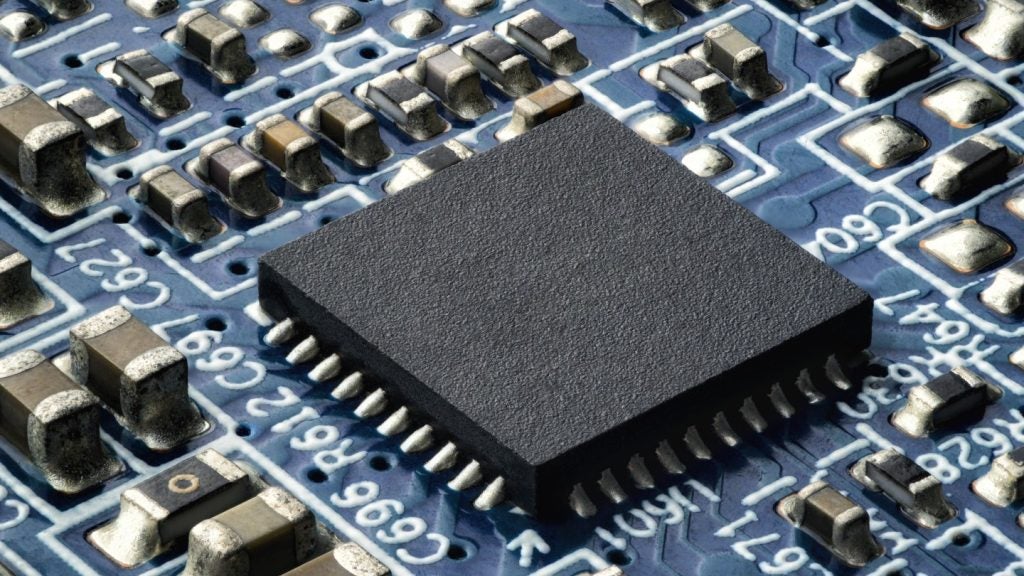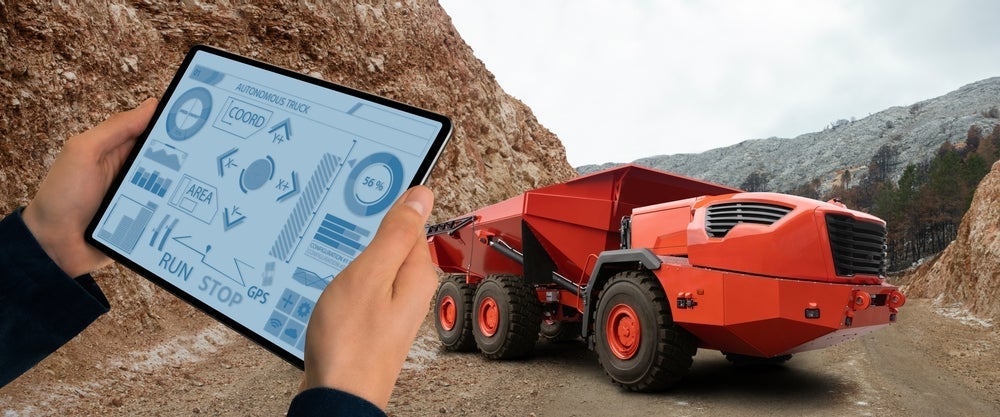Screen has been granted a patent for a base material processing apparatus. The apparatus includes detectors that intermittently detect the position of the edge of a base material in the width direction at different detection positions. An arithmetic unit calculates the transport error of the base material by comparing the detection results. The patent also includes a timing adjuster that changes the detection timing of the detectors. GlobalData’s report on Screen gives a 360-degree view of the company including its patenting strategy. Buy the report here.
According to GlobalData’s company profile on Screen, Semiconductor fabrication robots was a key innovation area identified from patents. Screen's grant share as of September 2023 was 37%. Grant share is based on the ratio of number of grants to total number of patents.
Patent granted for base material processing apparatus with adjustable detection timing


A recently granted patent (Publication Number: US11772392B2) describes a base material processing apparatus and a detection method for detecting a transport error in a long band-like base material. The apparatus includes a transport mechanism that moves the base material along a predetermined path, and two detectors that intermittently detect the position of the edge of the base material in the width direction at different positions along the path.
The apparatus also includes a timing adjuster that can change the detection timing of the detectors by a shorter time than the standard detection period. An arithmetic unit calculates the transport error by comparing the detection results from the two detectors. The apparatus can further include a processing unit that processes the base material at a specific position along the path, and the arithmetic unit calculates the transport error at this processing position.
The detection method described in the patent involves intermittently detecting the position of the edge of the base material at two different positions along the path. The detection timing of at least one of the detections is changed by a shorter time than the standard detection period. The transport error is then calculated by comparing the detection results from the two positions.
The patent also describes an alternative embodiment of the base material processing apparatus, where the arithmetic unit calculates the time difference between the detection of the edge position at the first and second detection positions. This time difference is used to calculate the actual transport time of the base material between the two positions. The apparatus can also calculate the actual transport speed of the base material in a processing unit located along the path, and determine the misregistration of each part of the base material in the transport direction based on the calculated arrival time.
Overall, this patent presents an apparatus and method for accurately detecting and calculating transport errors in a base material during processing. The use of multiple detectors and timing adjustments allows for precise measurements and calculations, which can be useful in various industries that involve the processing of long band-like materials.
To know more about GlobalData’s detailed insights on Screen, buy the report here.
Data Insights
From

The gold standard of business intelligence.
Blending expert knowledge with cutting-edge technology, GlobalData’s unrivalled proprietary data will enable you to decode what’s happening in your market. You can make better informed decisions and gain a future-proof advantage over your competitors.







